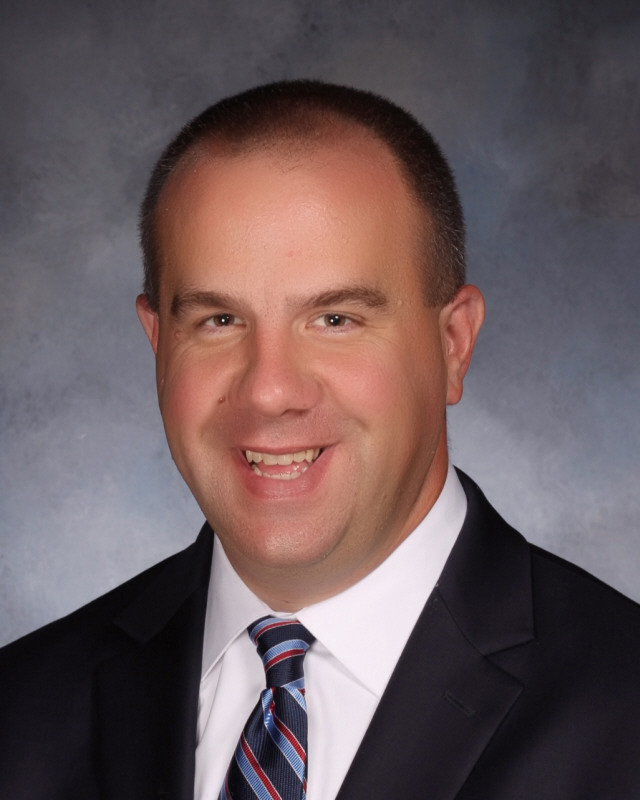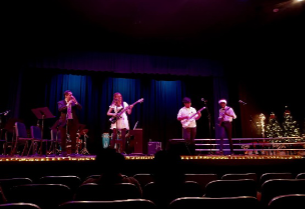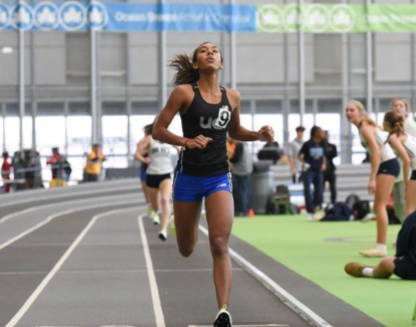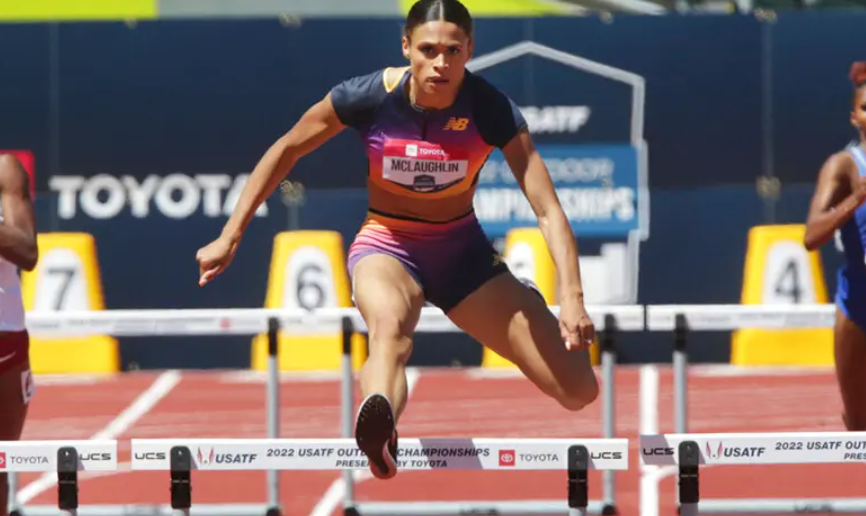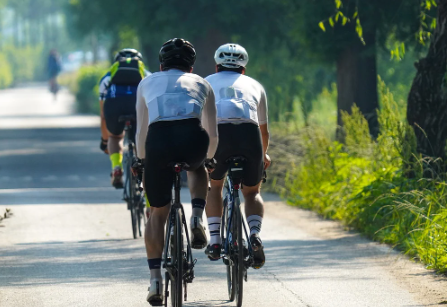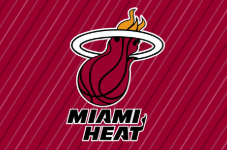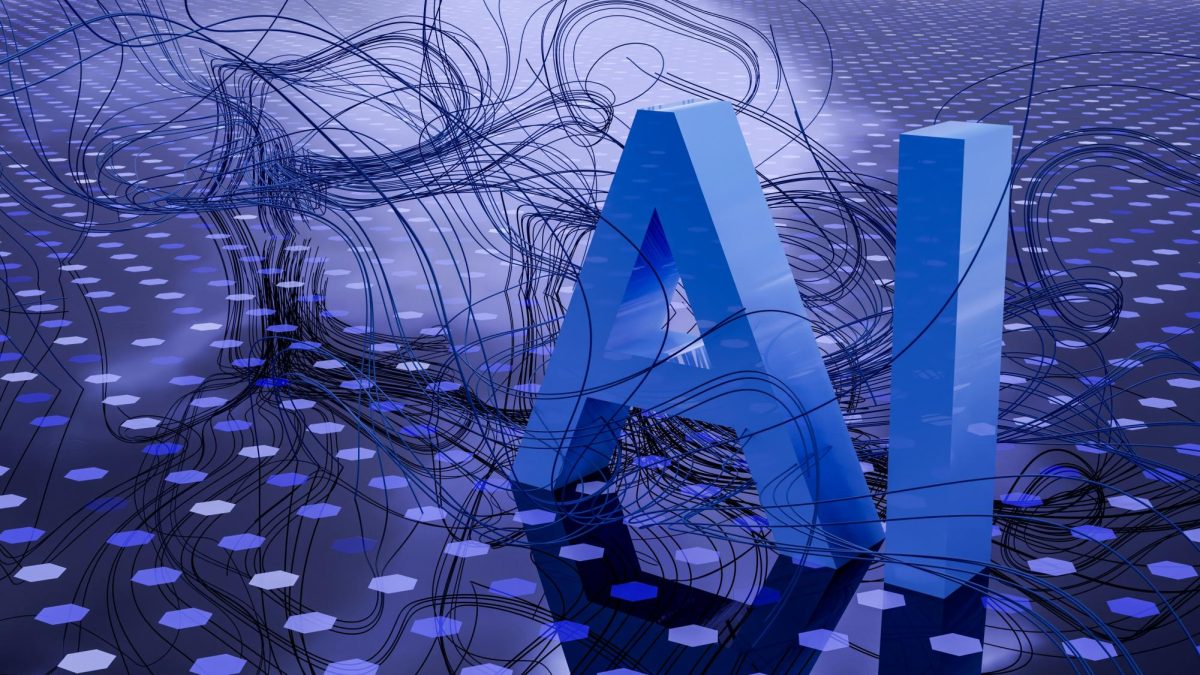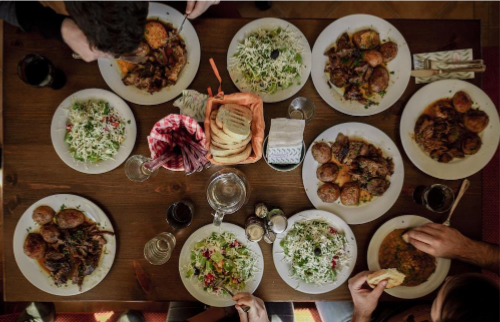Celebrating Indigenous Peoples’ Day
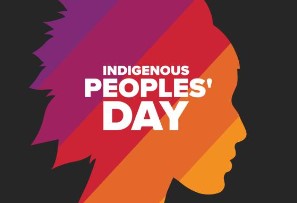
October Celebrations Include Indigeneous Peoples’ Day
October 19, 2022
Many aspects of Indigenous culture and history are overlooked in the United States, highlighted on Columbus Day, an annual celebration of Christopher Columbus. Often celebrations praising Christopher Columbus fail to accurately represent him, especially concerning his relations with Indigenous people. Instead of Columbus Day, Indigenous communities and allies have come together to celebrate Indigenous Peoples’ Day, taking the time to acknowledge Indigenous history and celebrate Indigenous culture.
The movement to celebrate Indigenous Peoples’ Day began in 1977 at the United Nations International Conference on Discrimination against Indigenous Populations in the Americas; participants urged nations to move away from Columbus Day towards a proper acknowledgment and honor of Indigenous history. Since then, the movement has gained popularity as states, cities, and towns added Indigenous Peoples’ Day celebrations to their October calendars. South Dakota became the first state to rename Columbus Day in 1990, with many other state and local municipalities following suit.
Some areas consider local Indigenous cultures when addressing Indigenous history, like Hawaii, which since 1971 has honored Polynesian navigators with Discovers’ Day. It was not until this October when President Biden declared that October 11th, 2021, was a day to honor Native Americans and their history. This monumental proclamation has set forth a newfound national recognition for the holiday where Indigenous communities, particularly their history, culture, and fight for justice, are acknowledged and celebrated around the country.
There are many ways to appropriately celebrate Indigenous Peoples’ Day, including celebrating their culture, acknowledging their history, and accounting for the underrepresentation of native cultures. Some may choose online, contact-free ways to learn about and celebrate indigenous culture this year. Others support Indigenous artists by buying their work and learning about its significance; others found a favorite new Indigenous musician.
The rich culture of Indigenous history allows for celebrations based on one’s hobbies, a cook can learn about Indigenous recipes, and a dancer can learn an Indigenous dance. It is important to participate in Indigenous
culture mindfully, without appropriating their culture, but learning about it out of sincere appreciation. Indigenous people set up popular online resources, including webinars and classes, to foster a communal experience in learning about Indigenous history. Understanding Indigenous history is vital to understanding history in general, especially in the United States, where Indigenous people and cultures have played a pivotal role in shaping American life.
Learning about local indigenous communities and cultures and looking to them for local activities has become popular in 2021, as local Indigenous people put on communitywide celebrations. In Brookline, Massachusetts, local Indigenous vendors, social justice activists, and historians came together to celebrate the Indigenous communities of Massachusetts. People who learn about Indigenous history and culture and incorporate it into their everyday lives help spread positive messages surrounding Indigenous people that have been all too forgotten throughout history. It is beyond time to incorporate Indigenous people into one’s understanding of history, which is why measures both on and beyond Indigenous Peoples’ day are vital as the nation moves forward.
Understanding how Indigenous people came into this moment in history is vital to moving forward with positive restorative intent. Oregon representative Tawna Sanchez, who fought for Oregon to recognize Indigenous Peoples’ Day, put it perfectly when she said, “history is always written by the conqueror; how do we actually tell the truth about what happened and where we sit this very moment? How do we go forward from here?” Indigenous Peoples’ Day has proven a good place to start.
